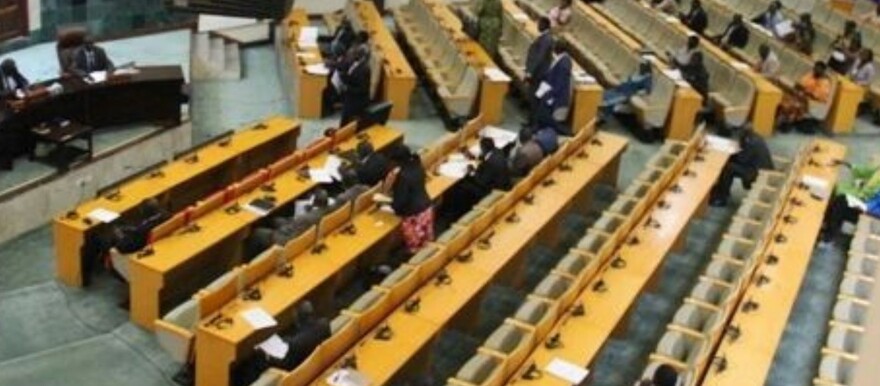South Sudan’s National Legislative Assembly, in a move aimed at addressing concerns over the management of oil revenues, has directed the Minister of Finance and Planning, Dier Tong Ngor, to suspend the transfers of the 3% oil share to Unity state until Community Development Committees (CDCs) are established. The lack of CDCs in Unity State has raised uncertainty about the proper allocation and utilization of the 3% oil share.
Under the South Sudan Petroleum Management Act of 2013, regions with active oil production, including Unity state, are entitled to receive a share of the Net Petroleum Revenue. Unity, Upper Nile states, and Ruweng Administrative Area are to be allocated two percent and three percent shares, respectively, with the funds intended to directly benefit the oil-producing areas and communities living near the oilfields.
Changkuoth Bichiok Reath, chairperson of the Committee for Finance and Economic Planning in the parliament, emphasized the significance of adhering to the CDF Act 2007, which stipulates the allocation of 3% of the budget to be dedicated to oil-producing regions. In his recommendations during the second reading of the budget, Reth asserted, “The Committee observes that the Unity State government has not established Community Development Committees (CDCs) to manage their 3% oil share. The Committee directs the Minister of Finance and Planning to suspend the transfers of the 3% oil share to Unity State until the CDCs are formed and functioning.”
The parliament also directed the finance minister to provide all communities in oil-producing states and Ruweng Administrative Area with copies of the allocation matrix to ensure transparency and accountability in the distribution of funds.
Responding to the directive, Finance Minister Dier Tong Ngor confirmed that his ministry has consistently allocated the designated share for oil-producing states, including Unity state. Ngor assured that the funds are readily available whenever communities from these regions come forward to claim their share. He stated, “Since I came into office in August last year, we have constantly been paying the 3 percent. Not only paying, but any time the states and communities go to the bank, they will get that money.”
Ngor acknowledged that an audit conducted last year had identified instances of misappropriation of funds, but he attributed this issue to the authorities in Unity State. He emphasized that it is the responsibility of the state’s authorities or the Council of States to address any discrepancies in fund usage.
MP Nayyar Lokuri, representing Unity state in the national parliament, welcomed the decision to suspend the oil share transfers until CDCs are formed. However, she proposed that the formation of the CDCs should follow the path of devolution of powers, starting from the county authorities, then to the state ministry of finance, and eventually to the national government. This approach, she believes, would ensure that the CDCs function effectively and avoid politicization of the process.
As South Sudan seeks to enhance transparency and equitable distribution of oil revenues, the establishment of Community Development Committees in Unity State and other oil-producing regions is crucial to empowering local communities and ensuring the proper utilization of funds for development projects that benefit the people directly. The government’s commitment to implementing these reforms will be closely monitored to ensure the prosperity and well-being of the affected communities.




